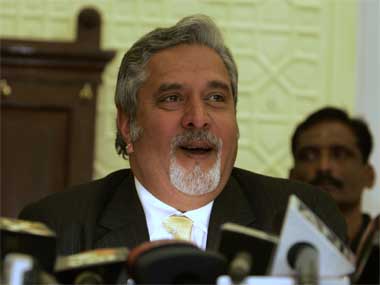New Delhi, Jun 18: Prime Minister Narendra Modi on Thursday launched the auction process for 41 coal blocks for commercial mining, a move that opens India’s coal sector for private players, and termed it a major step in the direction of India achieving self-reliance.
Launching the auction of mines for commercial mining, that is expected to garner ₹33,000 crore of capital investment in the country over next five to seven years, the Prime Minister said India will win the coronavirus war and turn this crisis into an opportunity, and the pandemic will make India self-reliant.
The launch of the auction process not only marks the beginning of unlocking of the country’s coal sector from the lockdown of decades , but aims at making India the largest exporter of coal, the Prime Minister said.
Presently, despite being the world’s fourth largest producer, he said India is the second largest importer of the dry-fuel.
“Allowing private sector in commercial coal mining is unlocking resources of a nation with the world’s fourth-largest reserves,” he pointed out.
Major scams had taken place in coal action earlier, but the system has been made “transparent” now, the Prime Minister said lambasting past policies of keeping the sector closed.
Mr. Modi said that this auction process will result in major revenues to states and create employment besides developing the far-flung areas.
The commencement of auction process of these blocks, part of the series of announcements made under ‘Atmanirbhar Bharat Abhiyan’, is likely to contribute ₹20,000 crore revenues annually to the state governments.
In line with the Prime Minister’s self-reliance call, the aim behind the auction process is to achieve self-sufficiency in meeting energy needs and boosting industrial development.
The government has taken an important decision to open up coal and mining sector to competition, capital and technology, he said.
Coal and Mines Minister Pralhad Joshi, who was also be present during the launch event, said ₹50,000 crore is being invested in the sector to jack up India’s coal output to 1 billion tonne.
With a view to achieve self-reliance in the coal sector, the Ministry of Coal in association with FICCI launched the process of auction of 41 coal mines under the provisions of Coal Mines (Special Provisions) Act and Mines and Minerals (Development and Regulation) Act.
Upon attainment of peak rated capacity of production of 225 million tonnes (MT), the government said, these mines will contribute about 15% of the country’s projected total coal production in 2025-26.
It will also lead to employment generation for more than 2.8 lakh people — direct employment to approximately 70,000 people and indirect employment to approximately 2,10,000 people, as per the government.






Comments
Add new comment